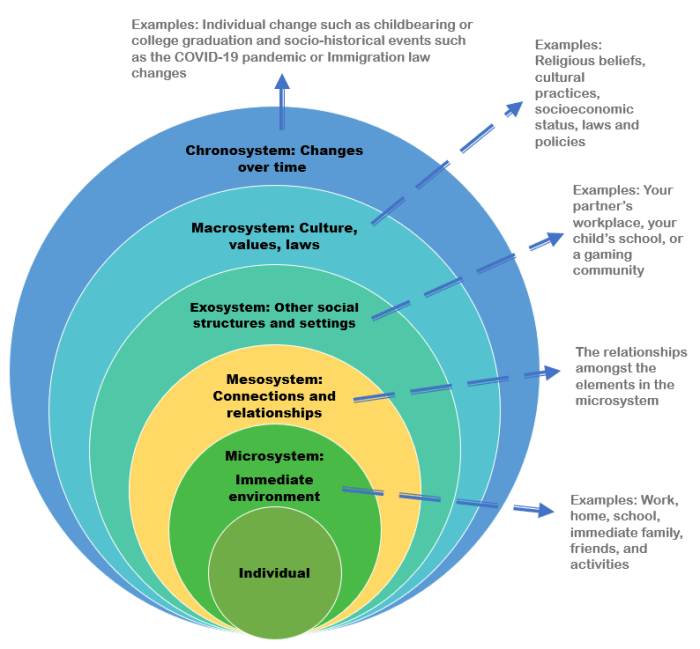The practice of generalist social work birkenmaier occupies a pivotal position within the social work profession, demanding a comprehensive understanding of its principles, skills, and strategies. This introductory paragraph sets the stage for an in-depth examination of this multifaceted field, promising a journey that is both enlightening and transformative.
The subsequent paragraphs will delve into the core principles and values that guide generalist social work practice, exploring how these principles manifest in real-world scenarios. We will also shed light on the essential skills and competencies required for effective generalist social work practice, discussing their development and maintenance.
1. Generalist Social Work Definition and Role

Generalist social work is a specialized field of social work that focuses on providing comprehensive services to individuals, families, groups, and communities across the lifespan. Generalist social workers are trained to work with a wide range of clients facing diverse challenges, including mental health issues, substance abuse, poverty, and family problems.
The unique role of generalist social workers lies in their ability to assess, intervene, and advocate for clients from a holistic perspective. They work collaboratively with clients to identify their strengths and needs, develop individualized plans of care, and connect them with appropriate resources.
Generalist social workers also play a vital role in advocating for social justice and promoting policies that improve the well-being of marginalized populations.
2. Principles and Values of Generalist Social Work

Generalist social work practice is guided by a set of core principles and values that ensure ethical and effective service provision. These principles include:
- Respect for Human Dignity and Worth:Generalist social workers treat all clients with respect, regardless of their background or circumstances.
- Social Justice:Generalist social workers are committed to promoting social justice and equity for all.
- Confidentiality:Generalist social workers maintain the confidentiality of client information.
- Self-Determination:Generalist social workers support clients in making their own decisions about their lives.
- Empowerment:Generalist social workers help clients develop the skills and resources they need to improve their lives.
These principles are applied in real-world scenarios in various ways. For example, a generalist social worker may advocate for a client facing discrimination in housing or provide support to a family struggling with poverty.
3. Key Skills and Competencies of Generalist Social Workers

Effective generalist social work practice requires a range of essential skills and competencies. These include:
- Assessment Skills:Generalist social workers are skilled in conducting comprehensive assessments of clients’ needs and strengths.
- Intervention Skills:Generalist social workers utilize various intervention strategies, such as case management, counseling, and advocacy, to help clients achieve their goals.
- Communication Skills:Generalist social workers are effective communicators who can build rapport with clients and collaborate with other professionals.
- Critical Thinking Skills:Generalist social workers are able to analyze complex situations and develop innovative solutions.
- Cultural Competence:Generalist social workers are knowledgeable about and sensitive to the cultural diversity of their clients.
These skills and competencies are developed and maintained through education, training, and ongoing professional development.
General Inquiries: The Practice Of Generalist Social Work Birkenmaier
What are the core principles of generalist social work?
The core principles of generalist social work include respect for human dignity and worth, social justice, empowerment, diversity, and integrity.
What are the essential skills for effective generalist social work practice?
Essential skills for effective generalist social work practice include communication, assessment, intervention, advocacy, and collaboration.